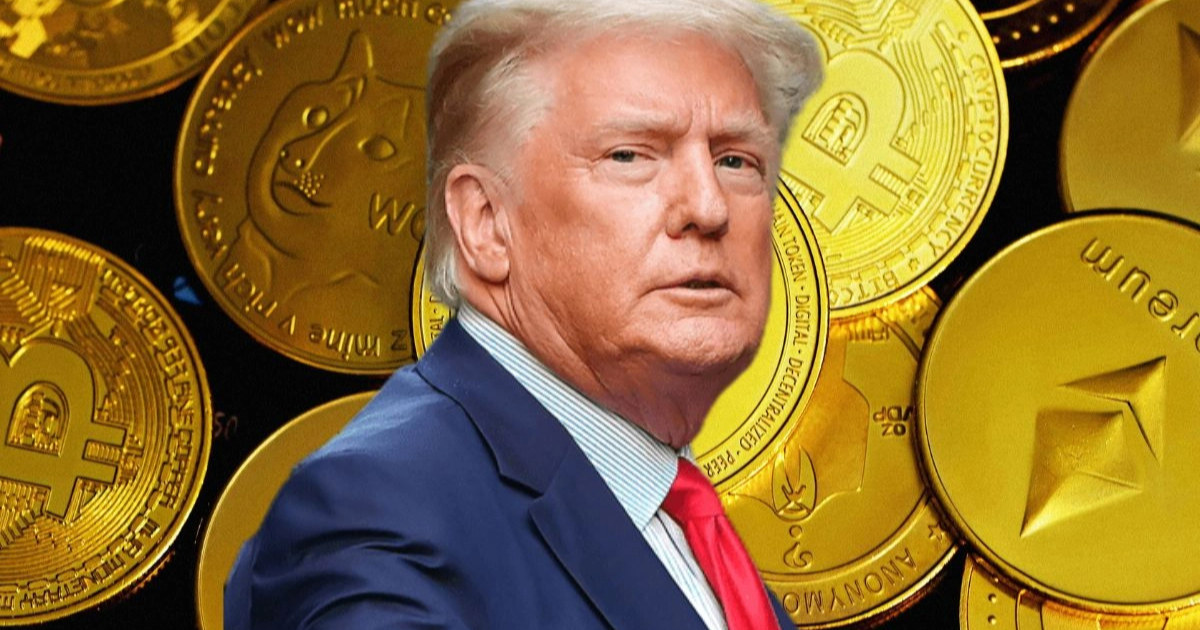The United States Department of Defense recently accepted a Boeing 747 from Qatar to serve as a future presidential aircraft. This decision was made at the request of President Trump and marks a significant update to the existing Air Force One.
The aircraft, previously owned by the Qatari royal family, stands out not only for its advanced features but also for its high value. It is considered one of the most valuable gifts ever provided to the U.S. by a foreign nation in recent years.
The Qatar-Trump Arrangement
The arrangement between Qatar and Trump has prompted strong reactions within Congress. Several Democratic lawmakers have questioned whether accepting a contribution from a foreign country is ethically sound, especially when it goes directly to the president and not through taxpayer channels.
Key concerns raised:
- Possible risk of espionage due to foreign involvement
- Technical challenges related to required equipment upgrades
- Legal issues, including alignment with the Emoluments Clause of the U.S. Constitution
Table: Main Congressional Concerns
| Concern | Description |
|---|---|
| Ethics | Direct foreign gift to the president |
| Security | Potential espionage and surveillance risks |
| Technology | Feasibility of technical modifications |
| Legality | Constitutional compliance (Emoluments) |
This case illustrates the increasing overlap between government, business interests, and technology developments, with cryptocurrency playing a new and notable role.
When Diplomacy Becomes Trade, Blockchain Shapes the Infrastructure
Major gifts or asset exchanges between states outside traditional channels set a new standard for international transactions. As these exchanges move away from conventional government processes, blockchain offers new tools for tracking and verifying complex deals.
Key Features Emerging in Diplomatic Transactions:
- NFTs Enable Transparent Transfers: Assets such as planes, yachts, or real estate can be issued as digital tokens. Ownership records become publicly accessible, reducing disputes and clarifying legal status.
- Smart Contracts Automate Conditions: Agreement terms are enforced by code, not intermediaries. This limits misinterpretation and bypasses the need for lengthy treaty negotiations.
- Stablecoins Facilitate Cross-Border Payments: Digital currencies offer an alternative to bank transfers. This allows for quick movement of funds, especially when financial sanctions or tensions restrict traditional banking routes.
Crypto as a Geopolitical Exchange Tool
Cryptocurrencies are increasingly used as instruments in geopolitical negotiations. Recent examples show that state-related actors invest in crypto businesses to strengthen strategic relationships. This usage extends the function of digital assets beyond finance or technology, placing them within the sphere of international policy.
Powerful entities see advantages in conducting transactions outside the conventional banking system. Direct crypto deals allow for more privacy and flexibility compared to traditional channels. Some governments or political families, for instance, have received investments from foreign sources through crypto-linked ventures, highlighting how these assets can serve as leverage in global affairs.
Key aspects:
- Speed and borderless nature—Crypto enables rapid movement of funds across borders.
- Decentralized structure—It is not reliant on central banks or regulators, reducing oversight risk.
- Bilateral benefits—Both sides can use crypto to secure mutual interests discreetly.
| Feature | Benefit for Geopolitics |
|---|---|
| Anonymity | Reduced transparency challenges |
| Multichain support | Access to diverse currencies |
| Lower transaction cost | Efficient large-scale transfers |
These features make crypto a viable option for governments and influential entities when formal channels are less accessible or desirable.












